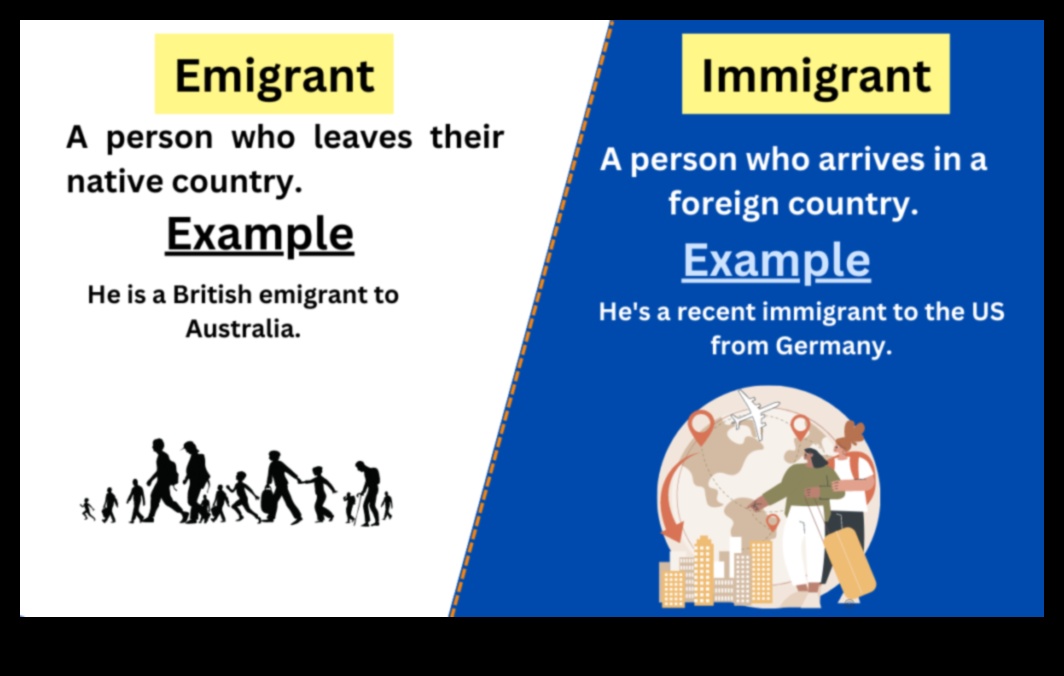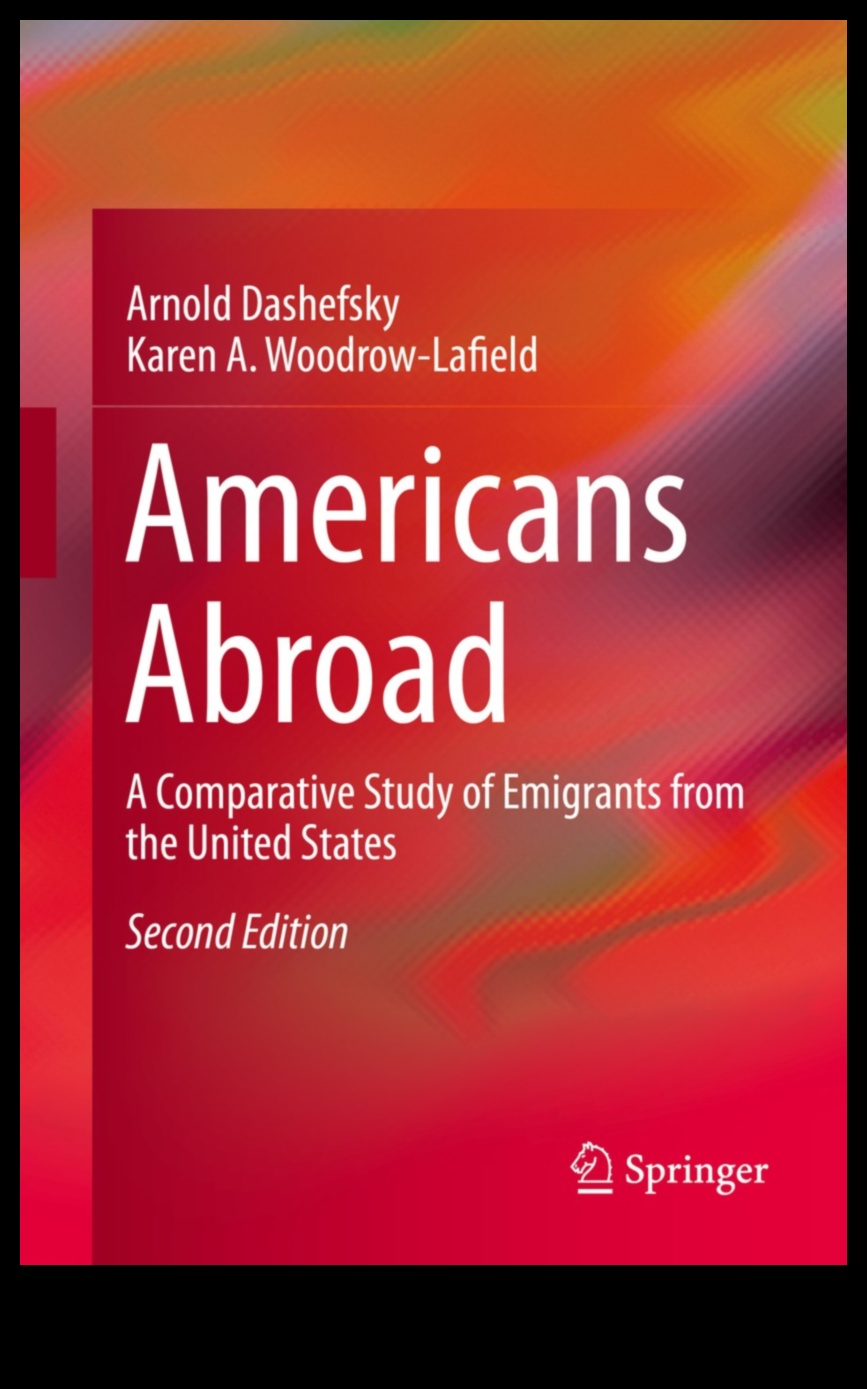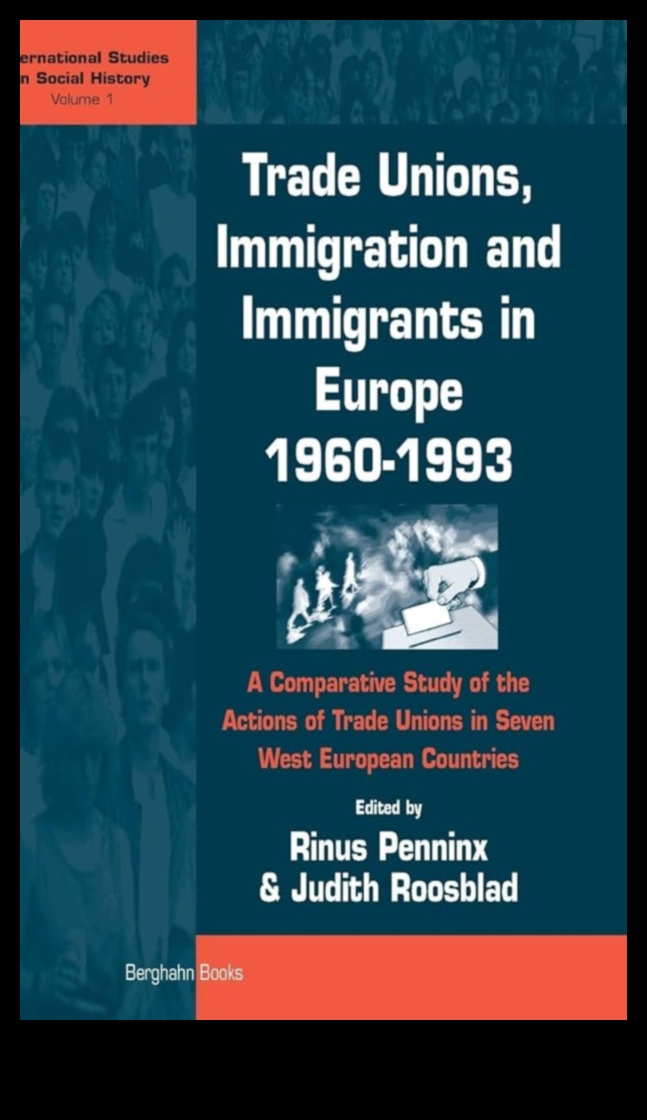
An emigrant is a person who leaves their home country to live in another country. An immigrant is a person who moves to a new country to live there permanently.
There are a number of reasons why people emigrate or immigrate. Some of the most common reasons include:
- Economic opportunity
- Political instability
- Environmental factors
- Family reunification
The effects of emigration and immigration can be both positive and negative for both the home country and the host country.
In the home country, emigration can lead to a decrease in population, a loss of skilled workers, and a decline in economic productivity. However, it can also lead to an increase in remittances from emigrants to their home country, which can help to boost the economy.
In the host country, immigration can lead to an increase in population, a diversification of the workforce, and a boost to economic growth. However, it can also lead to increased competition for jobs and housing, and a rise in social tensions.
The role of government in emigration and immigration is a complex one. Governments have a number of different interests to consider, including economic, social, and political factors.
In recent years, there has been a growing debate about the ethics of emigration and immigration. Some people argue that it is wrong to leave one’s home country in search of a better life, while others argue that it is a fundamental human right.
The future of emigration and immigration is uncertain. The global economy is constantly changing, and the political landscape is also in flux. As a result, it is difficult to predict how emigration and immigration will evolve in the years to come.
| Feature | Emigrant | Immigrant |
|---|---|---|
| Definition | A person who leaves their home country to live in another country | A person who comes to live in a country that is not their home country |
| Motivation | Can be motivated by a variety of factors, such as economic opportunity, political instability, or environmental disaster | Can be motivated by a variety of factors, such as economic opportunity, political stability, or family reunification |
| Legal status | May or may not have legal status in the country they are living in | Must have legal status in the country they are living in |
| Experiences | May experience culture shock, discrimination, and homesickness | May experience culture shock, discrimination, and a sense of belonging |
| Impact on home country | Can have a positive or negative impact on the home country, depending on factors such as the skills of the emigrants and the amount of remittances they send home | Can have a positive or negative impact on the host country, depending on factors such as the skills of the immigrants and the amount of taxes they pay |

II. Differences between emigrants and immigrants
Emigrants and immigrants are two terms that are often used interchangeably, but there is actually a subtle difference between the two. Emigrants are people who leave their home country to live in another country, while immigrants are people who move to a new country to live.
There are a number of factors that can motivate people to emigrate or immigrate, including economic opportunities, political instability, and natural disasters. Emigrants may also be seeking a better quality of life or a chance to start over in a new country.
The process of emigration and immigration can be complex and challenging, but it can also be rewarding. Emigrants and immigrants often bring new skills, talents, and perspectives to their new countries, and they can contribute to the economic and cultural growth of their host countries.
Here is a table that summarizes the key differences between emigrants and immigrants:
| Emigrant | Immigrant |
|---|---|
| Leaves their home country | Moves to a new country |
| May be motivated by economic opportunities, political instability, or natural disasters | May be motivated by economic opportunities, political instability, or natural disasters |
| May be seeking a better quality of life or a chance to start over | May be seeking a better quality of life or a chance to start over |
| May face challenges such as language barriers, cultural differences, and discrimination | May face challenges such as language barriers, cultural differences, and discrimination |
| Can contribute to the economic and cultural growth of their new country | Can contribute to the economic and cultural growth of their new country |
II. Differences between emigrants and immigrants
Emigrants and immigrants are two terms that are often used interchangeably, but there is actually a subtle difference between the two. Emigrants are people who leave their home country to live in another country, while immigrants are people who come to a new country to live.
There are a number of factors that can motivate people to emigrate or immigrate, including economic opportunities, political instability, or environmental disasters.
Emigrants and immigrants often face a number of challenges in their new countries, including language barriers, cultural differences, and discrimination. However, they can also benefit from new opportunities and a better quality of life.
While emigrants and immigrants are often seen as two separate groups, they are in fact part of a larger process of human migration that has been happening for centuries.
The following table provides a more detailed comparison of emigrants and immigrants:
| Emigrant | Immigrant |
|---|---|
| Leaves their home country | Comes to a new country |
| May be motivated by economic opportunities, political instability, or environmental disasters | May be motivated by economic opportunities, political stability, or family reunification |
| May face challenges such as language barriers, cultural differences, and discrimination | May benefit from new opportunities and a better quality of life |
Ultimately, the decision to emigrate or immigrate is a personal one that is based on a number of factors. There is no right or wrong answer, and what is best for one person may not be best for another.
II. Differences between emigrants and immigrants
Emigrants and immigrants are two terms that are often used interchangeably, but there is actually a difference between the two. An emigrant is a person who leaves their home country to settle in another country, while an immigrant is a person who moves to another country to live permanently.
There are a number of factors that can motivate someone to emigrate, including political instability, economic hardship, or the desire for a better life. Immigrants, on the other hand, are often motivated by the desire for economic opportunity, political freedom, or a better quality of life.
Emigrants and immigrants often face a number of challenges when they move to a new country, including language barriers, cultural differences, and discrimination. However, they can also benefit from a number of opportunities, such as access to better education and healthcare, and the chance to build a new life for themselves and their families.
While emigrants and immigrants are often seen as two distinct groups, there is a great deal of overlap between the two. Many emigrants eventually become immigrants, and many immigrants have previously been emigrants. Ultimately, the terms “emigrant” and “immigrant” are simply two ways of describing people who have moved to a new country.

II. Differences between emigrants and immigrants
Emigrants and immigrants are two terms that are often used interchangeably, but there is actually a key difference between the two. Emigrants are people who leave their home country to live in another country, while immigrants are people who move to a new country to live permanently.
There are a number of reasons why people choose to emigrate or immigrate, including economic opportunity, political instability, or climate change. Emigrants may also leave their home country in search of a better quality of life or to reunite with family members who have already emigrated.
The process of emigration and immigration can be complex and challenging, but it can also be an exciting and rewarding experience. Emigrants and immigrants often bring new skills, talents, and perspectives to their new countries, and they can make a positive contribution to the local community.
Here is a table summarizing the key differences between emigrants and immigrants:
| Emigrant | Immigrant |
|---|---|
| Leaves their home country | Moves to a new country |
| May be temporary or permanent | Is permanent |
| May be motivated by a variety of factors | Is motivated by a desire to live permanently in a new country |
| May face challenges such as culture shock, language barriers, and discrimination | May face challenges such as adapting to a new culture, learning a new language, and finding a job |
| Can make a positive contribution to their new country | Can make a positive contribution to their new country |
II. Differences between emigrants and immigrants
Emigrants and immigrants are two terms that are often used interchangeably, but there is actually a subtle difference between the two.
An emigrant is a person who leaves their home country to settle in another country. An immigrant is a person who arrives in a new country to settle there.
Emigrants and immigrants may have similar reasons for moving, such as seeking a better quality of life, economic opportunity, or political stability. However, the experiences of emigrants and immigrants can be very different.
Emigrants may experience a sense of loss and grief as they leave behind their friends, family, and familiar surroundings. They may also face challenges in adapting to a new culture and language.
Immigrants may face discrimination and prejudice from the people in their new country. They may also have difficulty finding work and housing.
Despite the challenges, both emigrants and immigrants can make valuable contributions to their new countries. They can bring new skills and talents, and they can help to create a more diverse and vibrant society.
VII. The ethics of emigration and immigration
Emigration and immigration are complex issues that raise a number of ethical concerns. These include:
- The right to leave one’s country
- The right to enter another country
- The distribution of benefits and burdens of immigration
- The impact of immigration on the host country’s culture and economy
- The impact of immigration on the home country’s development
There is no easy answer to these questions, and different people will have different opinions on the ethics of emigration and immigration. However, it is important to have a discussion about these issues in order to make informed decisions about immigration policy.
VIII. The future of emigration and immigration
The future of emigration and immigration is uncertain. There are a number of factors that could impact the future of these two phenomena, including:
Economic conditions: The global economy is constantly changing, and this can have a significant impact on emigration and immigration. For example, during periods of economic recession, there is often an increase in emigration as people seek to find better opportunities elsewhere. Conversely, during periods of economic growth, there is often an increase in immigration as people seek to take advantage of new opportunities.
Political conditions: Political instability can also lead to emigration and immigration. For example, people who live in countries with political unrest or violence may be forced to flee their homes in search of safety. Conversely, people who live in countries with stable political conditions may be attracted to other countries that offer more opportunities.
Environmental conditions: Climate change and other environmental factors can also lead to emigration and immigration. For example, people who live in areas that are affected by natural disasters or climate change may be forced to leave their homes in search of a safer place to live. Conversely, people who live in areas with more favorable environmental conditions may be attracted to other countries that offer a better quality of life.
It is difficult to predict the future of emigration and immigration, but it is clear that these two phenomena will continue to play an important role in the global economy and society.
IX. Conclusion
Emigration and immigration are complex phenomena that have a significant impact on both the home country and the host country. There are many factors that can influence a person’s decision to emigrate or immigrate, and the consequences of these decisions can be far-reaching. It is important to understand the difference between emigrants and immigrants in order to make informed decisions about these important issues.
X. FAQ
Q: What is the difference between an emigrant and an immigrant?
A: An emigrant is a person who leaves their home country to live in another country. An immigrant is a person who moves to a new country to live there permanently.
Q: Why do people emigrate or immigrate?
A: There are many reasons why people emigrate or immigrate, including economic opportunity, political instability, or natural disasters.
Q: What are the effects of emigration and immigration on the home country and the host country?
A: Emigration and immigration can have a significant impact on both the home country and the host country. In the home country, emigration can lead to a loss of skilled workers and a decline in population. In the host country, immigration can lead to an increase in population, economic growth, and cultural diversity.
Q: What is the role of government in emigration and immigration?
A: Governments have a variety of roles to play in emigration and immigration, including setting immigration policies, regulating the flow of immigrants, and providing support to immigrants.
Q: What are the ethics of emigration and immigration?
A: There are a number of ethical issues that arise in relation to emigration and immigration, including the rights of migrants, the responsibilities of host countries, and the impact of emigration and immigration on global inequality.
Q: What is the future of emigration and immigration?
The future of emigration and immigration is uncertain, but there are a number of factors that are likely to influence it, including economic conditions, political instability, and climate change.
Q: Conclusion
Emigration and immigration are complex and multifaceted issues that have a significant impact on both the individual and the global community. By understanding the difference between emigrants and immigrants, the reasons why people emigrate or immigrate, and the effects of emigration and immigration, we can better understand the world we live in.